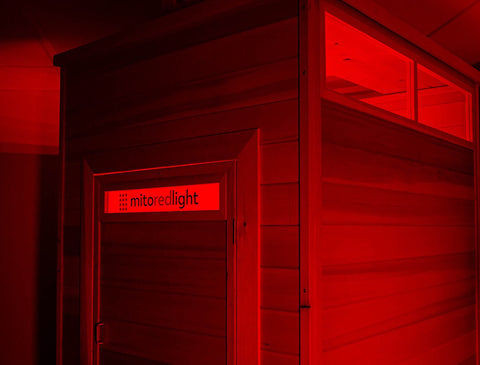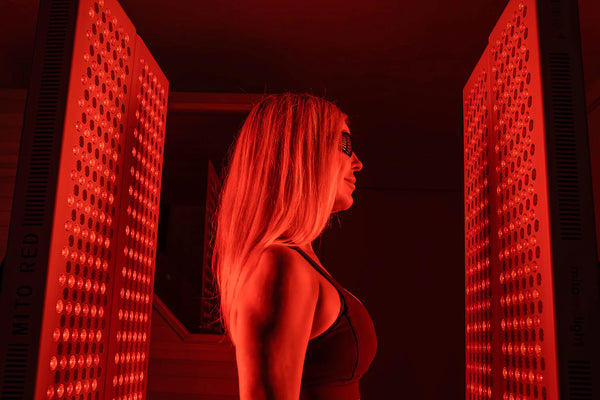Abstract
Photobiomodulation is a non-pharmacological tool widely used to reduce inflammation in many tissues. However, little is known about its effects on the inflammatory response in the aged brain. We conducted the study to examine anti-inflammatory effects of photobiomodulation in aging brains. We used aged rats (20 months old) with control (handled, laser off) or transcranial laser (660 nm wavelength, 100 mW power) treatments for 10 consecutive days and evaluated the level of inflammatory cytokines and chemokines, and the expression and activation of intracellular signaling proteins in the cerebral cortex and the hippocampus. Inflammatory analysis showed that aged rats submitted to transcranial laser treatment had increased levels of IL-1alpha and decreased levels of IL-5 in the cerebral cortex. In the hippocampus, the laser treatment increased the levels of IL-1alpha and decreased levels of IL-5, IL-18, and fractalkine. Regarding the intracellular signaling proteins, a reduction in the ERK and p38 expression and an increase in the STAT3 and ERK activation were observed in the cerebral cortex of aged rats from the laser group. In addition, the laser treatment increased the hippocampal expression of p70S6K, STAT3, and p38 of aged rats. Taken together, our data indicate that transcranial photobiomodulation can improve the inflammatory response and the activation of intracellular signaling proteins linked to vascular function and cell survival in the aged brain.
Keywords: Aging; Brain; Inflammation; Intracellular signaling proteins; Laser; Photobiomodulation.
© 2021. The Author(s), under exclusive licence to Springer Science+Business Media, LLC, part of Springer Nature.




















